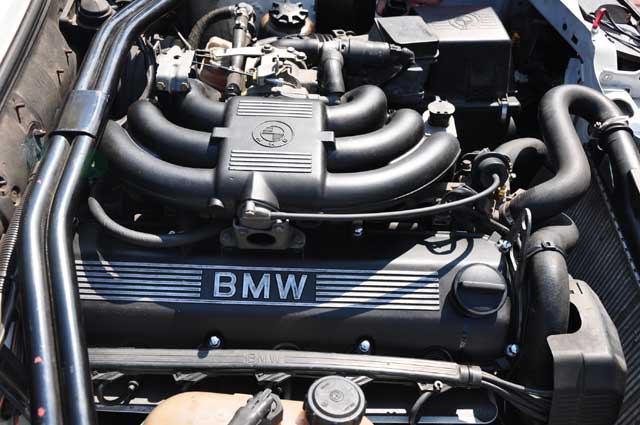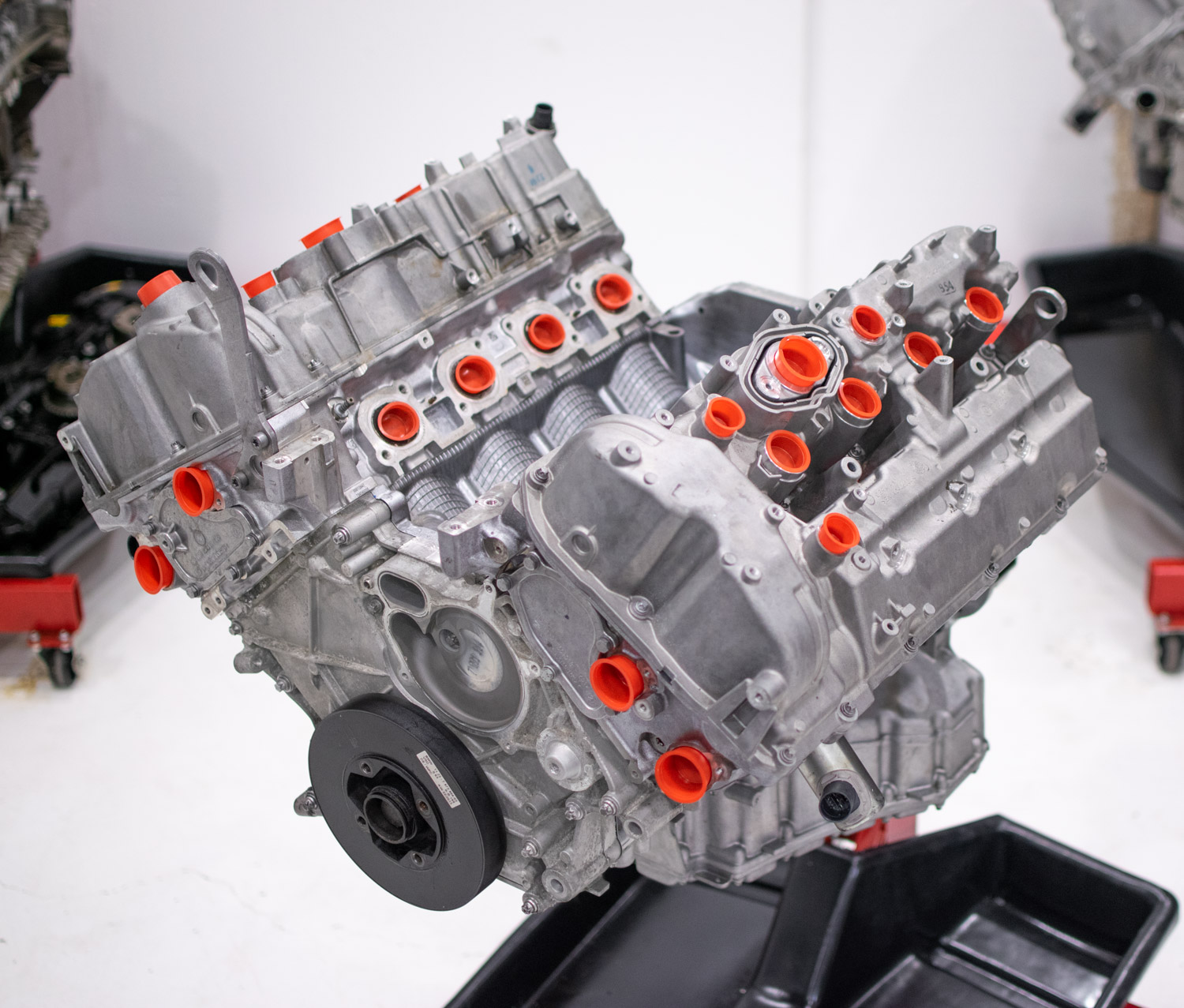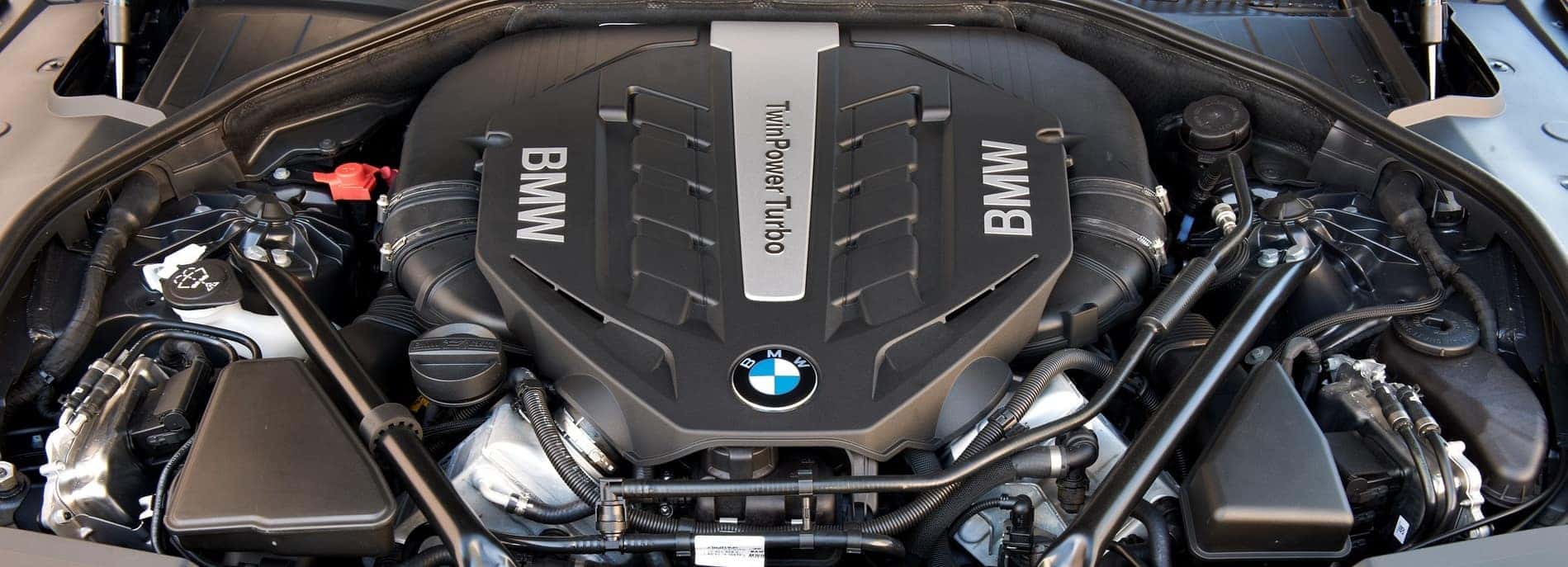Revealing the Intricacies of Next-Generation Power Units: a Deep Dive Into Advanced Engine Layouts and Innovations
As we stand on the precipice of a new period in transport, the intricacies of next-generation engine designs bid us to discover the cutting-edge technologies and developments that assure to redefine the driving experience. Digging deeper into the realms of emission control, smart engine administration systems, and the perspective of power device advancement, we discover ourselves on the cusp of a change that assures to reshape the landscape of wheelchair as we understand it.
Evolution of Engine Materials

The shift in the direction of progressed engine materials has additionally allowed engineers to develop engines with greater power outputs while keeping fuel effectiveness standards. For instance, making use of light-weight materials lowers the general weight of the engine, leading to improved fuel economic situation and reduced emissions. Additionally, developments in materials technology have permitted better thermal management within engines, resulting in increased reliability and long life.
Turbocharging and Supercharging Technologies
How do Turbocharging and Supercharging Technologies revolutionize engine performance and performance in modern vehicles? Supercharging and turbocharging are technologies that substantially boost engine performance by increasing the quantity of air intake right into the combustion chamber. Turbocharging attains this by using a turbine driven by exhaust gases to pressurize the consumption air, while supercharging makes use of a belt- or chain-driven compressor to accomplish the same impact.
These technologies make it possible for smaller, extra fuel-efficient engines to create power equal to larger ones, referred to as downsizing. By requiring even more air into the cyndrical tubes, turbocharging and supercharging enhance burning effectiveness, resulting in boosted horse power and torque output without a substantial increase in engine dimension. This leads to much better velocity, hauling capability, and overall driving efficiency.
Moreover, turbo charging and turbocharging add to enhanced gas effectiveness by permitting the use of smaller engines that eat less fuel under regular driving problems - bmw engine. This combination of boosted performance and performance has made turbocharging and turbo charging essential parts of numerous modern-day engine designs
Exhaust Control and Environmental Effect
With raising worldwide concerns relating to air quality and environmental sustainability, the execution of emission control modern technologies in vehicles plays an essential function in lowering dangerous toxins launched right into the ambience. Modern vehicles are equipped with sophisticated discharge control systems that assist lessen the ecological effect of automotive operations. Catalytic converters, as an example, are developed to convert harmful gases such as carbon monoxide, nitrogen oxides, and hydrocarbons into less hazardous compounds like co2 and water vapor.
Additionally, improvements in engine innovation, such as the combination of exhaust gas recirculation systems and careful catalytic reduction, have significantly added to decreasing exhausts. These innovations operate in tandem to optimize combustion performance and decrease the launch of damaging contaminants into the air. In addition, the growth of hybrid and electric lorries stands for a critical action in the direction of decreasing the overall environmental impact of the transport market.
Intelligent Engine Administration Equipment

Furthermore, these systems enable cars to meet stringent emissions standards without endangering efficiency, offering an extra eco pleasant driving experience. The integration of man-made knowledge and artificial intelligence capacities in engine management systems remains to press the limits of what is possible, resulting in more renovations in efficiency, integrity, and overall automobile efficiency. bmw engine. As automotive innovation advances, intelligent engine monitoring systems will certainly play a critical role fit the future of transport towards a much more lasting and efficient instructions
Future Trends in Power System Growth
As smart engine administration systems lead the way for improved control and optimization in modern-day vehicles, future patterns in power unit advancement are positioned to redefine the landscape of automobile propulsion technologies. One of the key patterns driving innovation in power unit advancement is the change in the direction of electrification. With an enhancing emphasis on sustainability and reducing carbon discharges, crossbreed and electrical powertrains are becoming a lot more prevalent in the automobile market. These different source of power use boosted efficiency and efficiency while straightening with stringent ecological laws.
Another significant fad is the assimilation of sophisticated materials and manufacturing strategies. Light-weight materials such as carbon fiber and aluminum are being made use of to lower general car weight, enhancing gas performance and efficiency. Furthermore, developments in 3D printing and additive manufacturing are making it possible for the manufacturing of complicated engine components with greater precision and sturdiness.
Moreover, man-made intelligence and machine understanding are playing a crucial duty in enhancing power unit efficiency. These modern technologies enable real-time tracking and flexible control, bring about much more reputable and reliable power distribution. In Recommended Reading general, future trends in power device development are tailored towards sustainability, efficiency, and performance, driving the automobile sector towards a new period of propulsion innovations.

Conclusion
To conclude, the improvements in engine materials, turbocharging, discharge control, and intelligent administration systems have paved the means for next-generation power systems. These technologies have not only improved performance and efficiency however additionally decreased ecological effect. As technology proceeds to evolve, future patterns in power unit growth are likely to concentrate on further improving sustainability and maximizing power result. The detailed layouts and developments in modern-day engines display the recurring advancement of vehicle modern technology.
Exploring the modern improvements in engine products has actually been critical in improving the performance and effectiveness of contemporary engines. Over the years, the advancement of engine products has actually played an important function in pressing the limits of what engines can attain.The change in the direction of progressed engine products has actually additionally made it possible for designers to make engines with greater power results while keeping gas effectiveness requirements.The application of smart engine monitoring systems in modern-day automobiles has actually reinvented the method engines are managed and enhanced for performance and efficiency. By accumulating information in real-time and assessing it with innovative formulas, intelligent engine management systems can adjust to driving designs, ecological elements, and engine health to make best use of power result while lessening fuel consumption and emissions.